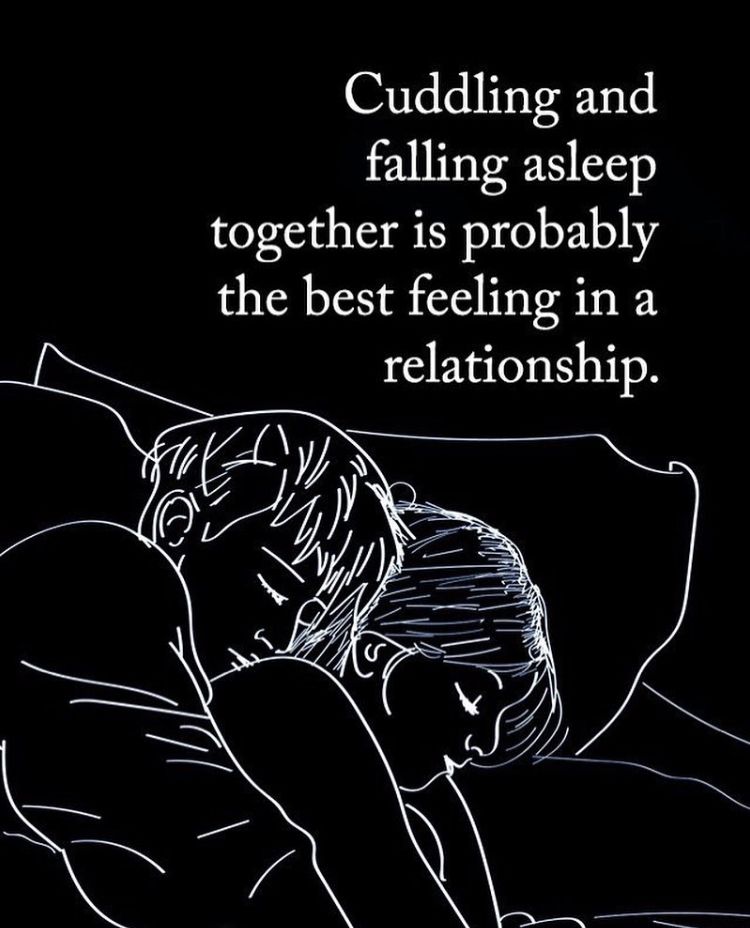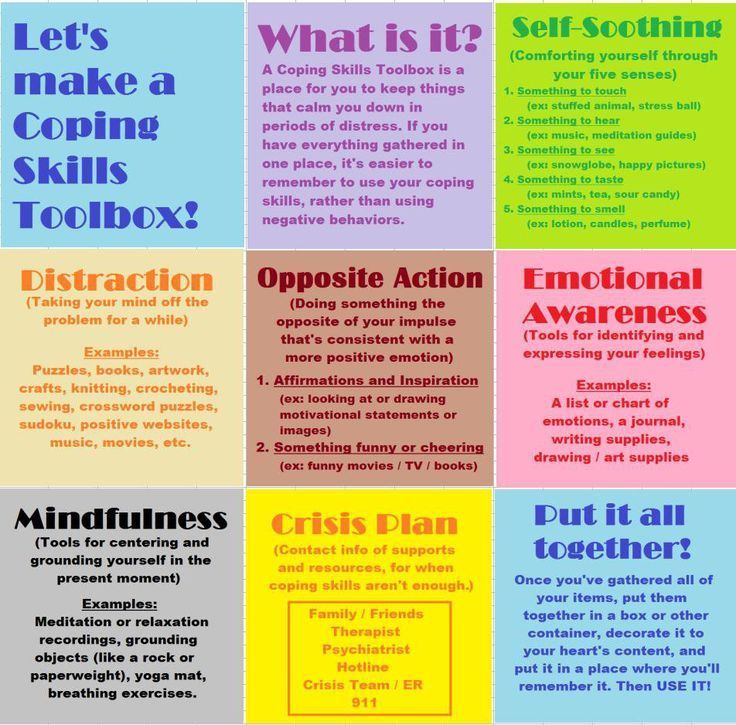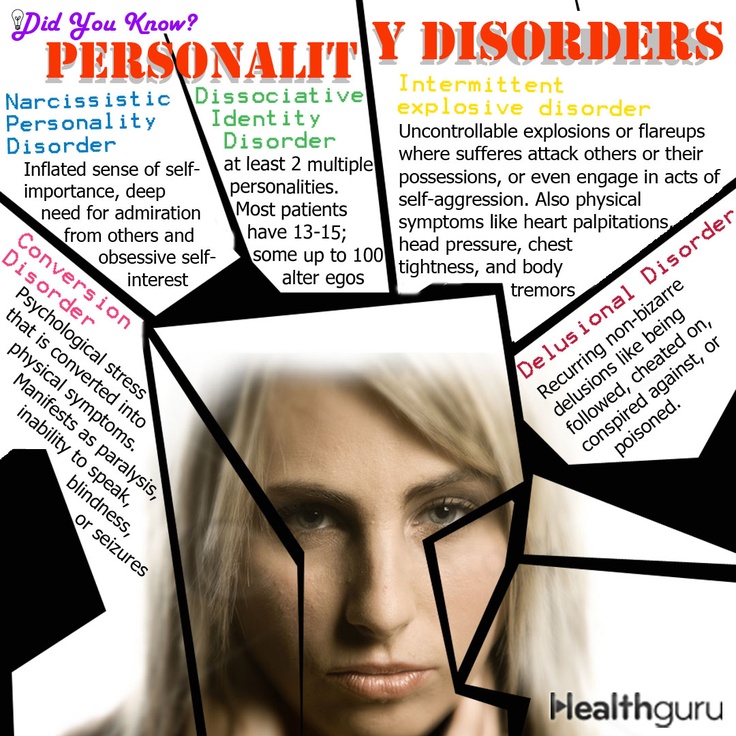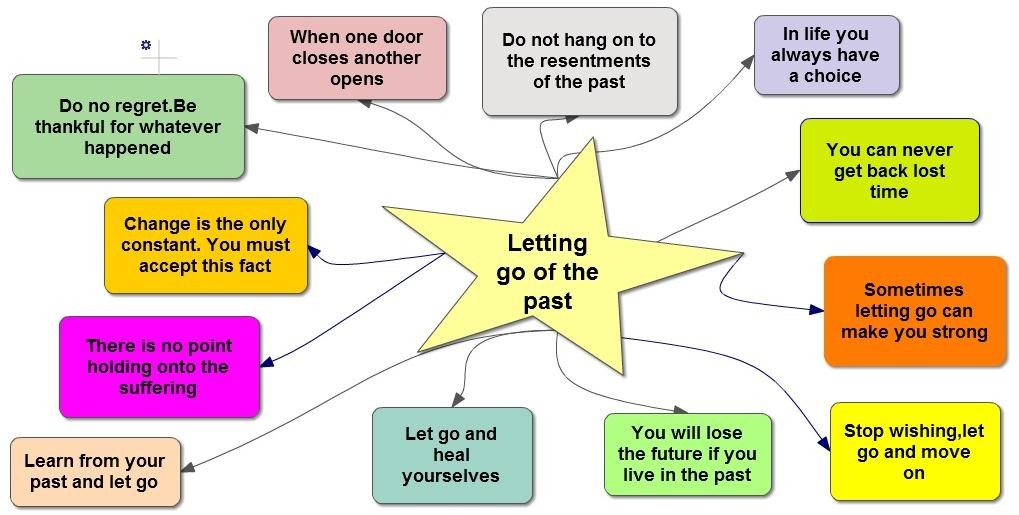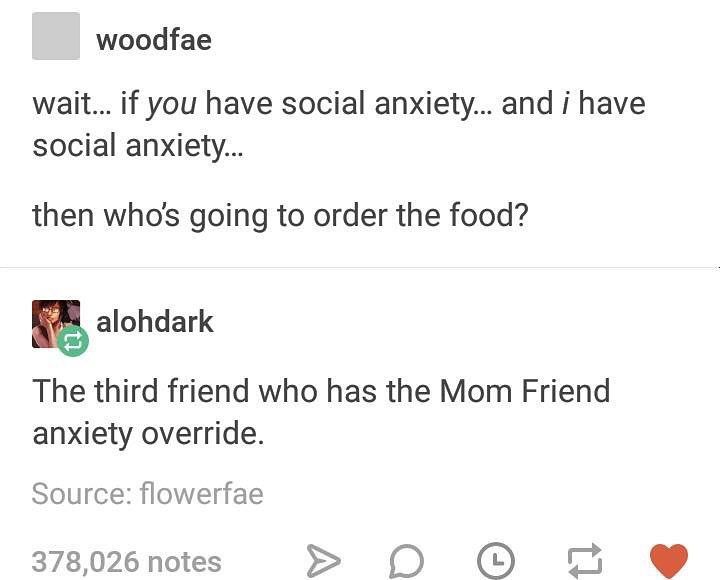Feeling stuck in relationship
Feeling Trapped in a Relationship? Here Are 5 Steps to Take
We’ve all been there: you’ve been with a partner for some time, and you’re starting to feel unhappy. Maybe your partner isn’t treating you well, or maybe you just want something more for yourself. But as unhappy as relationships can sometimes be, we often don’t leave them right away.
Are you feeling trapped in an unhappy relationship? Here are five steps you can take to start getting your confidence back and make an assertive decision about the future of your relationship. You have the power to get unstuck.
1. Reflect on Yourself
First, do some self-reflection. Figure out what might be going on inside of you that might be making you feel this way. Sometimes, we feel trapped in a relationship not because we’re unhappy with our partner, but because we’re feeling stuck in other parts of our lives.
How are you feeling these days? What’s going on in your life? Have you gone through any big changes lately? Are you feeling stuck in a rut in your life or career? When was the last time you felt really passionate about something?
Ask yourself these questions to identify your emotional state and determine whether or not it’s your relationship, specifically, that you feel trapped in — or if you’re just feeling trapped overall.
We tend to feel trapped when we feel stagnant in life — like we’re not moving forward in any way. Sometimes, we might project this feeling onto our partners. Maybe you’re lacking passion in your career, for example, and you feel like if you were in a new and exciting relationship, then your entire life would improve.
2. Reflect on the Relationship
If you’ve determined that it’s really your relationship that’s making you feel trapped and unhappy, reflect on the root causes of what might be behind that feeling. No one is ever actually “trapped” in relationships - in other words, you don’t need anyone’s consent to leave - but we’ve all been in situations where we’ve stuck around, no matter how unhappy we were.
What’s making you feel stuck in this relationship? People stay in unhappy relationships for all sorts of reasons. Some of the most common reasons people get “trapped” are:
- Guilt and shame. You might feel like you’re somehow indebted to this person, or be afraid of what others might think if you leave the relationship.

- Fear. Many people feel afraid of leaving an unhappy relationship. Sometimes, fear might be legitimate — perhaps your partner is abusive, and you’re afraid of what might happen if you leave. Other times, fear is less directed toward your partner and more toward an uncertain future. What would life be like if I left my partner? Is it too late to start over? What if I end up alone? These are all common fear-based questions people ask themselves when they’re thinking about leaving a relationship.
- Dependence. This may have to do with physical or financial dependence. Maybe you quit your job in order to take care of your children, and now you’ve found yourself financially dependent upon this relationship. Maybe it’s more of an emotional dependence; many people come to base their entire identities and social lives on their relationship.
It’s important to reflect on your relationship and figure out both what’s making you want to leave, and what’s making you feel like you need to stay.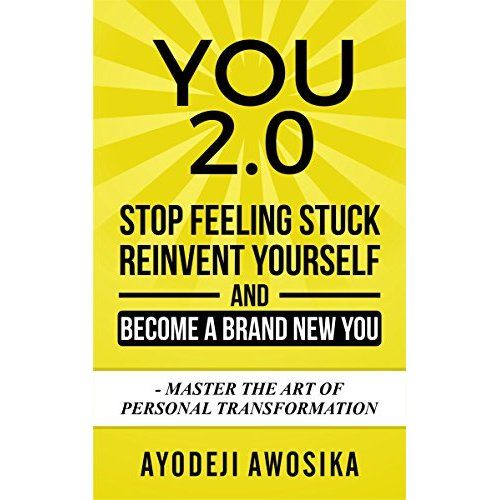 Weighing the pros and cons is a critical part of making a decision.
Weighing the pros and cons is a critical part of making a decision.
Related Blog: "Handling Extra Difficult Situations: 3 Ways We Learned How to Handle Divorce from Monica"
3. Rediscover Your Confidence
No matter what you decide to do in your relationship - whether you choose to stay or leave - feeling trapped could be a sign of low self-esteem. You know that something isn’t making you happy, but feel like you don’t have the power to change it. But the truth is that making changes in your life is often up to you.
It’s important, when making important life decisions, to make them with confidence. You may have lost your confidence because of this relationship, but what can you do to get it back? Some people find that going to therapy is helpful for them to rediscover their power, and others find it easier to simply do some self-reflection and get support from their friends.
Whether you choose to stay or go, you’re going to need all the confidence you can get.
4. Figure Out Your Next Move
Now, you’ve got to figure out what you want to do with everything you’ve learned from the reflecting you’ve done. What’s your next step in this relationship? Is the relationship worth saving, or is it time to move on?
Clearly, if you’re feeling stuck, then something needs to change. What kind of change is needed? Ask yourself: what would need to be different for me to want to stay in this relationship? What kind of relationship would make me happy, and is that possible to achieve with my current partner?
Decide whether you want to leave the relationship or try to make it work. Couples therapy, if your partner is up for it, can be very effective in this stage to help you figure out, as a couple, how you want to move forward. Couples therapy is also often a critical part of improving the relationship if you decide to stay in it.
5. Make an Exit Plan
So you’ve decided to leave the relationship. And maybe for you, it’s as simple as that. You may not be financially dependent on your relationship or need to fear for your safety if you leave. In these cases, you may not need a detailed plan to figure out how you can leave the relationship.
You may not be financially dependent on your relationship or need to fear for your safety if you leave. In these cases, you may not need a detailed plan to figure out how you can leave the relationship.
For many people, though, it’s not that easy. Especially if you’ve been in this relationship for a long time, this separation will probably be messy and painful. It may be easier and safer to make an exit plan for the relationship.
Some of the factors that you should consider when creating your exit plan are:
- Safety. First and foremost, think about your safety. Is your partner abusive? Would you fear for your safety if you leave or threaten to leave them? If so, you need a safety plan. Local women’s and domestic violence shelters can usually help you with this. You can also call the National Domestic Violence Hotline at 1-800-799-SAFE.
- Finances. Whether or not you are dependent upon your partner, you’ll probably have to think about finances if you have lived together for a long time.
 What will the arrangement be? Will you and your partner continue to be financially linked (is alimony a consideration that needs to be made, for example?) or will you go your separate ways as far as money goes? Do you have joint debt that needs to be dealt with?
What will the arrangement be? Will you and your partner continue to be financially linked (is alimony a consideration that needs to be made, for example?) or will you go your separate ways as far as money goes? Do you have joint debt that needs to be dealt with? - Children. If you have children (or even pets), then that’s an additional factor you need to consider. Will you share custody of your children? Are you going to fight for your partner to contribute, financially or otherwise, to raising your children?
You Are Not Trapped
Most of the time, we’re not really trapped in a relationship. But it’s valid to feel trapped, because of all the reasons we discussed earlier. If you’re feeling trapped in a relationship, the most important thing is to regain your confidence so that you can make an assertive decision that’s right for you and your life.
How Did You Overcome Feeling Trapped In Your Relationship?
Feeling Stuck in the Relationship
Humans are social beings by nature and are wired to seek the company of others, looking for comfort, happiness, and fulfillment.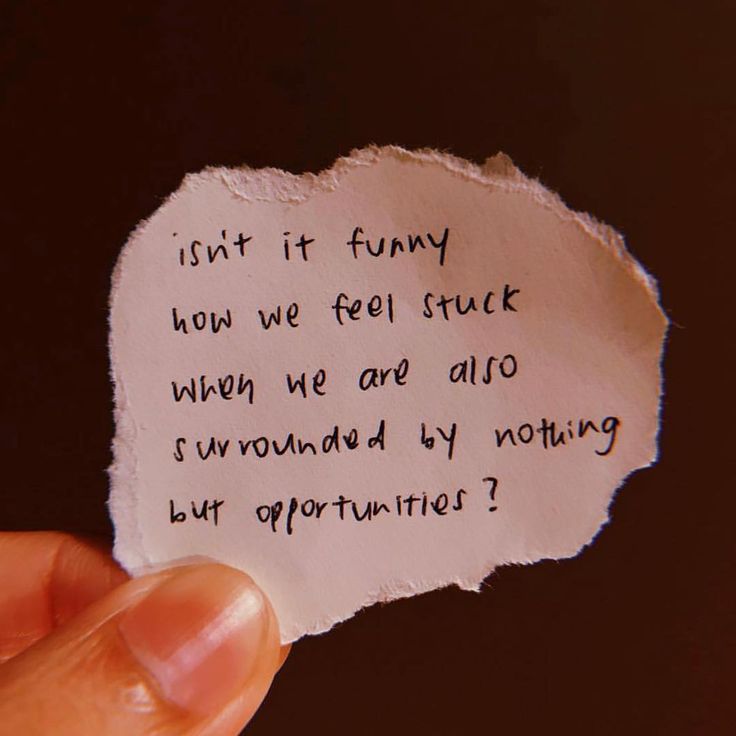 As we interact with the rest of the world, we choose those few people with whom we want to form relationships and share our lives. Sometimes our choices prove fruitful, but other times they fail us since humans are not always wise or reasonable; in fact, we choose more often using our gut than our brain—hence the failure rate.
As we interact with the rest of the world, we choose those few people with whom we want to form relationships and share our lives. Sometimes our choices prove fruitful, but other times they fail us since humans are not always wise or reasonable; in fact, we choose more often using our gut than our brain—hence the failure rate.
However, there is more to forming a bond with someone than just making the right initial choice. Oftentimes, those seemingly successful relationships can become turbulent as they progress—these ups and downs are quite commonplace and should be anticipated. But if the phases get longer and don’t seem to pass, and unsettling feelings of discontent and weariness grow stronger, you should ask yourself whether the relationship is the right one for you.
Personal or professional, relationships take two to form. Healthy relationships are an equitable, give-and-take sort of balancing act. If you feel as if you are alone or would rather be alone than in your relationship, obviously, somehow your relationship is flawed. Flaws in relationships manifest themselves in numerous and various ways, depending on the personalities, unique circumstances, and duration of a relationship. You know that your relationship is flawed if:
Flaws in relationships manifest themselves in numerous and various ways, depending on the personalities, unique circumstances, and duration of a relationship. You know that your relationship is flawed if:
- You feel unhappy and worn out by your relationship
- You feel happier away from your partner
- You feel like you are talking to a wall
- You feel controlled or patronized
- You feel restrained or suffocated by your relationship
- You spend all your free time worrying about the relationship
- You have no voice, no opinion, or rights
- You don’t feel valued or appreciated enough
- You always end up at fault in every situation
- You don’t seem to ever have time for your friends, family, or—most importantly!—yourself
- You feel like a “single parent” rather than a partner in your relationship
- You have been verbally attacked or put down in public by your partner
- You have been cheated on, threatened, or abused at least once in your relationship
How can you tell whether your relationship is in danger? Be honest and evaluate your relationship. Are you happy in it, just maintaining the status quo, or, worse, just enduring the relationship? Do you ever feel confined, manipulated, neglected, or misused? Are things beyond repair? Are you ready to move on in search of better opportunities?
Are you happy in it, just maintaining the status quo, or, worse, just enduring the relationship? Do you ever feel confined, manipulated, neglected, or misused? Are things beyond repair? Are you ready to move on in search of better opportunities?
When you are miserable in your relationship but can’t seem to let go of it, eventually, you will start to feel stuck in a flawed relationship. Unless there is a binding legal agreement between you and your partner or strict cultural norms that restrict your freedom of choice, you don’t need anyone’s permission to leave. Yet, despite the fact that your self-esteem has long since hit rock bottom and nothing is clearer than the fact that you deserve better, you stay.
Oftentimes we feel that too much has been invested into a relationship to let it fail, so even when things don’t seem to work any longer, we don’t let go. Why? There is no way that we can recover all the time, effort, and resources that were spent on the relationship. Why chain yourself to a sinking ship when you still have a chance to jump?
People can usually find a good dozen questionable reasons as to why they can’t leave. Whatever it is you are trying to convince yourself or others of, in reality, you are just scared. Subconsciously you are afraid of the other life you never had. It’s the fear of change, and the unknown and uncertainty that it brings, that is holding you back: fear of being alone or not being able to cope on your own, fear of losing financial stability or a comfortable lifestyle, fear of conflict or of being judged or shunned by others, fear of not being able to start a new relationship, etc.
Whatever it is you are trying to convince yourself or others of, in reality, you are just scared. Subconsciously you are afraid of the other life you never had. It’s the fear of change, and the unknown and uncertainty that it brings, that is holding you back: fear of being alone or not being able to cope on your own, fear of losing financial stability or a comfortable lifestyle, fear of conflict or of being judged or shunned by others, fear of not being able to start a new relationship, etc.
In reality, you are probably not as helpless as you have come to think you are. Flawed relationships tend to drain self-confidence out of their “victims.” If you had very little self-confidence to start with, chances are that your sense of self-worth has dangerously diminished to non-existent levels as a result of an unhealthy relationship. This lack of self-confidence and self-esteem is what makes you feel constrained and afraid, hesitant to take action.
Building up your self-confidence is a crucial first step you need to take if you want to change something in your life and stop feeling miserable all the time.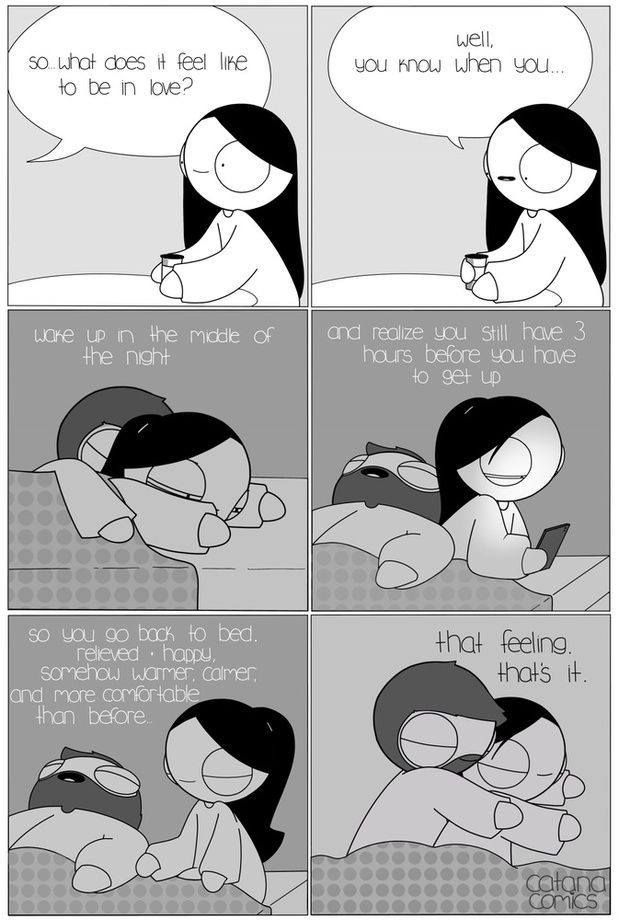 In fact, research shows that people with higher self-esteem tend to find more satisfaction in their relationships. You need to find power and strength within yourself in order to be able to change your life for the better. No one besides you can fulfill you and make you happy, so only you have the power to do so.
In fact, research shows that people with higher self-esteem tend to find more satisfaction in their relationships. You need to find power and strength within yourself in order to be able to change your life for the better. No one besides you can fulfill you and make you happy, so only you have the power to do so.
One critical mistake that everyone seems to make when dealing with change is waiting too long. Don’t sabotage yourself by wasting time needlessly. When you think you are ready, you are ready! In the words of Mark Victor Hansen:
“Don’t wait until everything is just right. It will never be perfect. There will always be challenges, obstacles, and less-than-perfect conditions. So what? Get started now. With each step you take, you will grow stronger and stronger, more and more skilled, more and more self-confident, and more and more successful.”
Once you rediscover your confidence, you are ready for change. Change requires the motivation to keep up a sustained effort, and a commitment to getting to the desired place. Think about whatever you are looking to change about your relationship and where you want to be at the end of your transition. Where are you in your process? Using the S.H.I.F.T. Model™, you will be able to map out your road to success.
Think about whatever you are looking to change about your relationship and where you want to be at the end of your transition. Where are you in your process? Using the S.H.I.F.T. Model™, you will be able to map out your road to success.
Specify your desired outcome. What is it that you want to do with your relationship; what’s your ultimate goal? Be specific. “I just want to be happy” is too general a statement. Your end goal has to be clearly defined, otherwise you will not be motivated or committed to continuously forge towards it.
Highlight and categorize the obstacles to change. Who or what is stopping you from getting closer to your goal? Are your obstacles external or internal? Is it within your power to control or at least influence them, or is there nothing you can do about them? For example, a prenuptial agreement, a written document with a great binding power, is an obstacle that you can’t really change or influence, but fear of financial insecurity can be remedied by getting a job or downsizing.
Identify the human factor. This step in the S.H.I.F.T. Model™ is all about understanding how you impact your quest for change. You will certainly affect at least two people: yourself and your partner. However, the human factor is not always going to be limited to two parties that are directly involved in the relationship. In the case of a marriage, there might be children or the couple’s parents who have a stake in the relationship. In a professional relationship, there could be clients, customers, or coworkers who could potentially be affected by your decisions, and therefore, they should be considered an interested party. In some cases, religious or cultural norms are at play, so the community and general public could be classified as a human factor as well. You must identify everyone who has the potential to influence or be influenced by your decisions and actions. You must recognize your obstacles in order to remove them.
Find your alternatives. Do you want to work on your relationship or terminate it? Do you want to change yourself instead? If option one, then how will you do it; if option two, how will you proceed? What are your steps and possible outcomes for each option? You should strive toward the desired outcome, but also always have a “Plan B”! It is generally part of making any effective shift—for both planning and execution—to have alternative routes in place.
Do you want to work on your relationship or terminate it? Do you want to change yourself instead? If option one, then how will you do it; if option two, how will you proceed? What are your steps and possible outcomes for each option? You should strive toward the desired outcome, but also always have a “Plan B”! It is generally part of making any effective shift—for both planning and execution—to have alternative routes in place.
Take disciplined action. Using this last step, you can set out knowing that you are aware of what you need to do. With this information, you can also confidently construct a very clear plan to get you where you want to be. After all that preparation you have done in steps one through four, you are definitely ready to make a move toward your desired goal.
Remember that ups and downs will happen along the way, but if you stay positive, confident, and focused on your goal, eventually you will get where you want to be. If your relationship is wearing you out instead of giving you strength, reconsider your goals and priorities, and make positive changes. Life is too short to settle for “not happy!”
Life is too short to settle for “not happy!”
7 signs that you are stuck in a bad relationship
Not all relationships between a guy and a girl lead to eternal love, marriage and a happy life together. If you managed to find the one in which you are absolutely sure, you can only rejoice. But not everyone is so lucky. Surely, many have had to deal with such a stage of relationships when further prospects seem doubtful, and the partner causes uncertainty. Someone copes with this and moves to some new level of relations, someone immediately breaks all the threads that bind him. nine0003
So that you don't have to think for a long time how to do the right thing (leave or stay), we have identified for you 7 signs of stagnation in a bad relationship, which suggests moving on, but without your partner.
1. Chronic dissatisfaction
And it's not even about sex, it's not about him. It’s normal for every couple to quarrel and argue a few times a month. Maybe you and your girlfriend fight a little less often or more often - no big deal. But if it comes to daily nit-picking, quarrels, showdowns, and this happens because you feel not very happy, because you can break loose on your girlfriend, then this is the first bell. nine0003
But if it comes to daily nit-picking, quarrels, showdowns, and this happens because you feel not very happy, because you can break loose on your girlfriend, then this is the first bell. nine0003
You always dislike certain actions on the part of your beloved, which gives rise to dissatisfaction, which becomes chronic. And if a girl doesn’t suit you the way she is, but for some reason you still haven’t decided to break your bonds, you’re definitely stuck in a relationship that will not lead to anything good.
Dangerous relationship habits that are often overlooked
2. Somatization
Remember how you felt shortly before the start of the relationship, during it and now. We are not talking about your mood, but about health. If you were healthy as an ox, and now you constantly wake up in the morning so broken, as if you were unloading wagons all night, you often have a headache, and in general it seems from time to time that you are falling apart, this means that you have somatized your troubles in relationships. nine0003
nine0003
That is, your negative feelings and emotions, hastily hushed up conflicts, issues that have not been resolved — all this accumulates, resulting in various sores in your body. This means that what is happening is perceived as something dangerous, and such a reaction of the body is one of the means of protection. Therefore, the danger must be disposed of. And the sooner the better.
3. Constant stress
As they say, you have to fight for your happiness. Some couples regard this phrase as a call to action, starting the fight for the right to be happy in this world. It's just that they fight each other. They say that quarrels and conflicts only strengthen relationships, making people happier. Perhaps such people really exist, but this is more the exception than the rule. nine0003
Craving for arguments is mainly dictated by the unwillingness of partners to solve some issues that bring them discomfort. And all this together provokes a person to constant stress, which will quickly penetrate into other areas of his life. So if that's the case, it's time to go.
So if that's the case, it's time to go.
4. Feeling of pressure
It is more correct when there is equality and rational distribution of various responsibilities in relationships. However, in many couples, relationships flow into a symbiosis of the manager and the controlled, which is not very healthy. And none of the men is immune from the fact that his girlfriend can easily become a manipulator. nine0003
The main sign that you are under control is the fear of refusing your partner. For example, friends invited you for a walk or to sit somewhere, and your girlfriend does not agree to this proposal in any way, giving rather stupid arguments in favor of her refusal. Here it would be more rational to tell her that you will go alone. But the logical chain that arises in your head “I will go - she will be offended - I will have to apologize” stops you. Thus, you avoid one pressing problem, immediately climbing into another, becoming a victim of manipulation. nine0003
You can also be controlled by promises to leave you forever. Therefore, if you suddenly began to feel control over yourself and catch yourself thinking that they are twisting you as they want, you can’t just leave it like that. And the best solution would be to break off such a relationship.
Therefore, if you suddenly began to feel control over yourself and catch yourself thinking that they are twisting you as they want, you can’t just leave it like that. And the best solution would be to break off such a relationship.
6 signs that you are under her heel
5. Thoughts about other women
And again, we are not talking about sexual fantasies. One of the signs that you're stuck in a relationship that isn't going well is thinking about other women. In your head, you run through pictures of how life would turn out if you got together with another girl; think about how you would be in other relationships; and if you are also closely examining other girls in the presence of your own, then it is clearly time to end the relationship. nine0003
Maybe this relationship keeps you somehow, but constant thoughts about others can lead you to regular cheating, which can aggravate your psychological state. So if something like this happens to you, better say goodbye.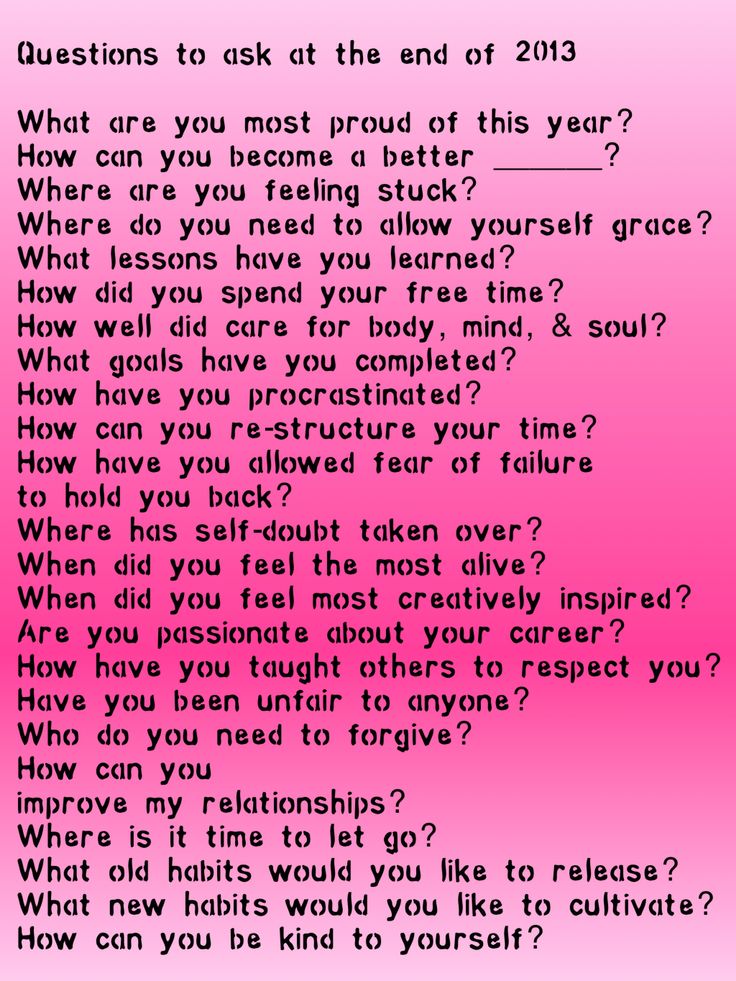
6. Feeling of loneliness
When your relationship was just beginning, you remember that feeling of constant euphoria and happiness that lived in you. But after some time, they were replaced by a feeling of loneliness, despite the fact that you are not alone. This may be due to the fact that at some point there was an emotional gap between you and your woman, which you could not notice and eliminate in time. nine0003
Maybe it's you, and after the past euphoria, it turns out that you have no emotional attachment left. Therefore, as they say, it is better to be alone than to be near someone and feel lonely.
9 ways to overcome boredom in your relationship
7. Sense of duty
It also happens that love passes, but relationships remain, now based on a sense of duty. This may be due to some financial obligations, the inability to leave quickly, children or something else. As a rule, the resolution of these issues is delayed. nine0003
Of course, there are situations in which a person really cannot leave the other, despite the cold feelings, for example, when one of the partners is seriously ill.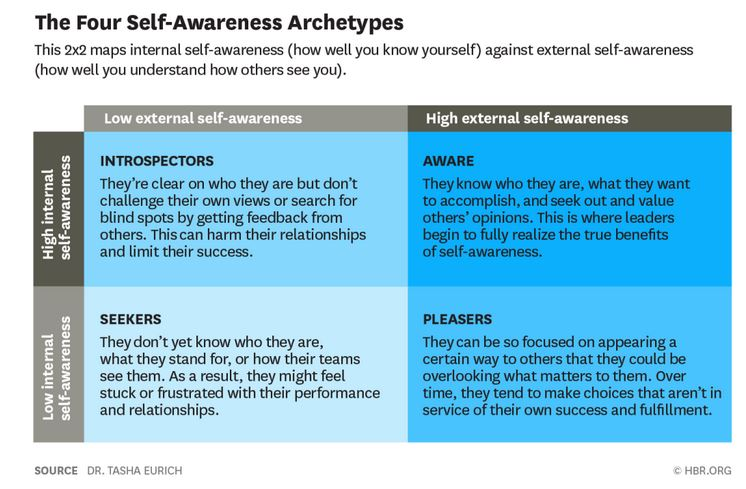 Sad, but noble. In all other respects, being due simply because you once managed to conceive a child or invited a girl to move into your apartment is stupid.
Sad, but noble. In all other respects, being due simply because you once managed to conceive a child or invited a girl to move into your apartment is stupid.
Debt is good only in those cases when it gives you additional motivation and contributes to your development. If, on the contrary, he is burdensome, nothing useful will come of it. Everything tends to end, and relationships are on the same list. nine0003
How to say no without ruining your relationship
Don't work on relationships, work on yourself
July 10, 2021 Relationship
Building healthy and lasting relationships is often hindered by our own psychological problems.
Iya Zorina
Author of Lifehacker, athlete, CCM
So everything went wrong in the relationship. The period of falling in love is over, and the hormonal storm has ceased to hide the partner's shortcomings. nine0003
You often quarrel, your partner does not listen to you and does not understand you, you do not respect each other, and it is not at all clear why you stay together. In such a situation, many see two options: break up or work on relationships.
In such a situation, many see two options: break up or work on relationships.
To work means to treat each other more attentively, to look for common interests and compromises. However, short-term changes for the better will very soon roll back - to mutual insults, quarrels and suffering.
This is because working on relationships will not change your personality and will not solve psychological problems: it will not make you take care of your partner or, on the contrary, give him freedom in the long run, will not help you become a reliable partner and will not teach you to be interested in the inner world of your beloved. nine0003
When we work on relationships, we struggle with the consequences without seeing the real reason.
So what is it, this reason? Let's take a look at two common psychological problems that lead to a dead end relationship with any partner. And the first of them is mental infantilism.
Infantilism is a monster that devours relationships
Before I talk about mental infantilism, I will give a few complaints about the relationships that are characteristic of people with this problem.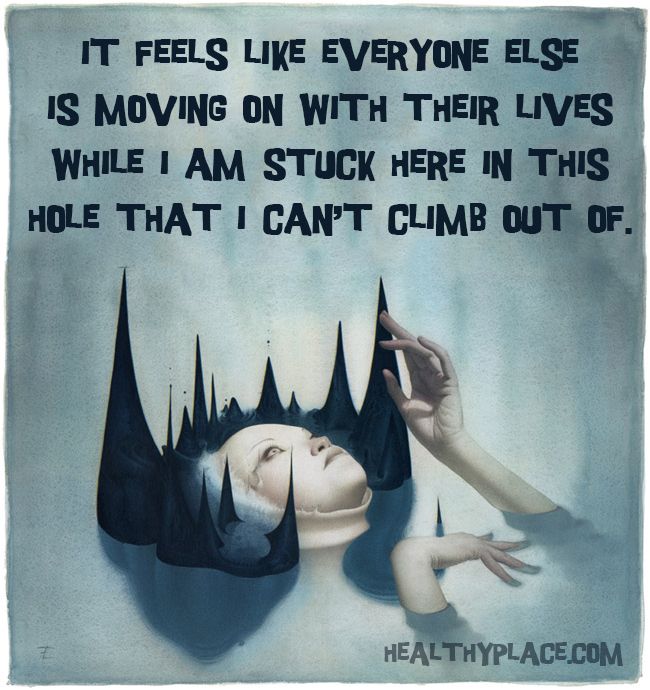 The list was provided by practicing psychoanalyst Galina Savchenko. nine0003
The list was provided by practicing psychoanalyst Galina Savchenko. nine0003
Galina Savchenko
Director of the Crisis Resolution Center. Practicing psychoanalyst and crisis counselor.
- I am offended that I get too little attention.
- I am angry that my immediate family and friends do not want to be involved in my life and solve my problems.
- I envy my friends, partner, brothers and sisters, because I think that they get everything in life for free, and they do not want to share it with me. So I'm thinking about cutting ties with them and finding others who will appreciate, love and coddle me. nine0100
Do you have these relationship problems? If such thoughts have occurred to you more than once, you may be suffering from mental infantilism.
Mental infantilism is the immaturity of a person, which manifests itself mainly in the delay in the development of the emotional-volitional sphere and the preservation of childish personality traits.
What is different about an infantile person and how does this problem interfere with relationships? Here are a few qualities by which you can identify infantilism in others or in yourself. nine0003
Qualities of an infantile person
1. Egocentrism
An egocentric adult does not take into account the needs and desires of other people, everyone should love him, give warmth, love and participation “just like that”.
Here is what psychologist Elena Pervukhina writes about healthy relationships and infantilism.
Elena Pervukhina
practicing psychologist, author of articles on child and family psychology.
The most important secret of healthy relationships in the family is the balance between "take" and "give". You give your partner support, emotional warmth, respect, and in return you receive care, respect, help. If there is no such balance in the relationship, they crack. nine0003
Elena says that infantile people always only demand from a partner, but are never ready to give, to share.
When a partner gets tired of always only giving without receiving anything in return, he moves away, and an infantile person says that the partner has stopped loving him, that the relationship is not the same, that something needs to be changed.
At the same time, an infantile person is not at all interested in the problems of his partner, his inner world. According to psychotherapist Sergey Gorin, the manifestation of care is alien to an infantile person, and not only independently, but even at the request. nine0003
Sergey Gorin
psychiatrist, psychotherapist, author of monographs on the manipulation of the consciousness of the masses.
Infantilism is noticeable when a partner is expected to show care. For example, you are hungry, sick, very tired and told your partner about it. If he rushed to feed you, to help - everything is in order. If he says, "Well, go eat (get well, rest)", you do not exist in his world.
2. Dependency
Many infantile people, both men and women, are happy to give up work, transplanting themselves from the parent's neck to the partner's neck. nine0003
nine0003
In addition, elements of dependency are also found among working people. For example, when an adult cannot serve himself on his own: he refuses to put away his things, cook, wash dishes.
When a person does not want to do basic household chores, his partner loses the lion's share of free time, and this is at least dishonest and leads to constant quarrels.
3. Inability to make decisions
An infantile person avoids difficulties, does not know how to make decisions and therefore most often does not succeed in terms of career. When such a person is faced with any difficulties, he chooses the path of least resistance. nine0003
Sergey Gorin
The most common symptom of infantilism, from which both its wearer and those around him suffer, is a feeling of confusion when faced with the difficulties of real life.
Sergei Gorin says that an infantile person does not get along well in a work team, has problems with household chores (calling specialists, obtaining the necessary information) and easily becomes a victim of scammers.
In terms of relationships, this trait can gradually grow into an abyss between two partners: one is constantly evolving, while the other is stuck in a comfort zone, not wanting to move forward. nine0003
If you find some of the qualities of an infantile person in yourself, it is worth going further and remembering how your parents behaved.
Why do people grow up infantile? for him.
There is another model based on the trauma of rejection. If parents are too busy with their lives - work, personal life, raising other children - and do not pay attention to the feelings and psychological life of the child, he develops a lack of affection, love and belonging, which he will always make up for in adult relationships with his soulmate. nine0003
As a rule, such a person is very suspicious and demanding, because he is unconsciously afraid of losing his partner's love and attention.
In adolescence, during the crisis of 13 years, it is decided whether the child will be able to grow up or whether he will forever retain childish qualities.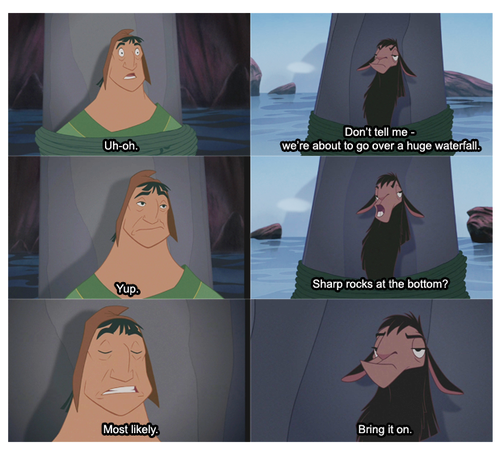 But is it really forever?
But is it really forever?
Can an infantile person of thirty or forty grow up? Yes, but for this he needs to realize his problem and undergo psychotherapy.
How to deal with this problem
If you want to change in order to build better adult relationships or succeed in another area, you need to work on yourself for a long time.
You can find a psychotherapist who will guide you, help you understand what areas you need to work on. If you want to develop on your own, you need to work on several points at once:
- the ability to serve yourself on your own;
- ability to plan your finances, think about the future; nine0100
- restraint in desires, when the next "wishlist" is first comprehended and only then fulfilled;
- the ability to force oneself to do unpleasant work;
Sergey Gorin
The most reliable way is to force yourself to do not very pleasant physical work. It can be not only classes in the country or breeding rabbits: even systematic classes in a fitness club are quite suitable for this purpose.
- the ability to take care of others, to be interested in the inner world, desires and needs of other people. nine0100
Will your relationship change for the better if you get rid of infantilism? Not necessary.
Everything here depends not only on you, but also on your partner. If he wants to see next to him not an adult, established person, but a child who needs to be looked after, your “growing up” most likely will not please him.
And that's the next big problem that's quite common, codependency in relationships.
Co-dependent relationship - dissolution in partner
As in the example of infantilism, before proceeding to the description of a psychological disorder, let's consider common complaints of co-dependent people.
- My partner does not appreciate what I do for him, despite the fact that I often sacrifice myself for him.
- The partner is addicted to alcohol, drugs or games and does not want to change.
- I cannot part with my partner because I feel sorry for him - he will be lost without me.

Co-dependent relationships arise when one of the partners has a psychological trauma and low self-esteem and needs a person who would help compensate for the lack of self-esteem, self-sufficiency, self-love. nine0003
Elena Pervukhina
Co-dependent individuals, unlike infantile ones, always control their partner, always only give, always “from above”, as in the common expression “I will fall in love to death”. Codependents cannot take. They are victims who do not need anything.
Elena claims that codependents do not live their own life, but the life of their partner, thereby preventing their partner from living the way he wants. From such excessive pressure, the partner, as a rule, goes into dependence (alcohol, workaholism, drug addiction, gambling, and so on), and the co-dependent begins to save him. nine0003
So, a person renounces himself, dedicating his life to his partner and making him the meaning of his life. How does this codependency destroy relationships?
The habit of always putting your partner first leads to the fact that you gradually lose your personality. You become boring, so that the partner justifiably stops paying attention to you.
You become boring, so that the partner justifiably stops paying attention to you.
In addition, excessive pressure from the codependent creates discomfort for the partner, deprives him of the opportunity to live a full life. As a result, the partner either leaves or escapes from the discomfort of dependence. nine0003
How codependency develops
As in the case of infantility, the tendency to build codependent relationships is laid down in childhood.
Galina Savchenko listed the main reasons for the emergence of a tendency to co-dependent relationships.
- Parents praised little and always focused on the shortcomings, not on the successes of the child.
- Parental love directly depended on the success and good behavior of the child (“I like it for fives, but not for threes”). nine0100
- Cold parents who were busy with their lives and careers.
- Parents divorced, and the child was left alone with his pain from divorce (“nobody needs me”).

- Parents, for some reason, paid more attention to other children (“you have to try to be the best in order to win love”).
Galina Savchenko says that such people, having become adults, usually do not have problems in social life. These are such early grown-up children who are doing well, with the exception of love and relationships. nine0003
The formula “In order to be loved and wanted to build a relationship with you, you must / must pay with part of your life” is the leading relationship scenario. Therefore, for co-dependents, life for the sake of the object of love is the norm, as it fits into this formula: give yourself - you will receive love.
Without changing yourself, you will not be able to build a healthy relationship, regardless of who your partner will be.
The habit of sacrificing yourself for the sake of love and acceptance will prevent you from living a full life and enjoying relationships in which partners take care of each other, value both their own and other people's interests and are self-sufficient so as not to depend entirely on the partner: his mood, success or defeats. nine0003
nine0003
How to get rid of codependency? As with any other psychological problem laid down in childhood, you have a long way to go.
How to get rid of co-dependence
Elena Pervukhina
It is difficult for a co-dependent person to admit to himself that his whole life is empty, that he does not live his own life, that he closes his eyes to his own problems, that he has dissolved in another and that he himself as a person is not exist.
Psychologists agree that the main thing is to recognize the problem and face the truth, and then take concrete steps. If some qualities of co-dependent people seemed familiar to you, this is an occasion to think and start working on yourself. nine0003
And here are some directions for such work.
- Learn to say "no" if you feel uncomfortable and unpleasant to do something, stop helping everyone in the hope of their good attitude and acceptance. Most likely, many of you are just using.
- Learn to love and accept yourself.
 You can only live your life, so make it interesting.
You can only live your life, so make it interesting.
In general, the work on getting rid of codependency requires the development of childhood memories and attitudes. Therefore, ideally, you should find a psychotherapist who will analyze your particular case and help you correct your self-esteem. nine0003
Someone may notice that a partner may suffer from infantilism or codependency, and at the same time you will be a mature and healthy person who was simply unlucky. But a healthy, self-respecting person will not be able to withstand a scarce partner for a long time.
If, despite unhappy relationships, quarrels and scandals, you continue to cling to your partner and cannot imagine life without him, you should look at yourself and ask: do you love and respect yourself that much?
Read also 🧐
- Where does infantilism come from and what to do about it
- Counterdependence: why a person avoids close relationships and what to do about it
- I want to change my partner.
